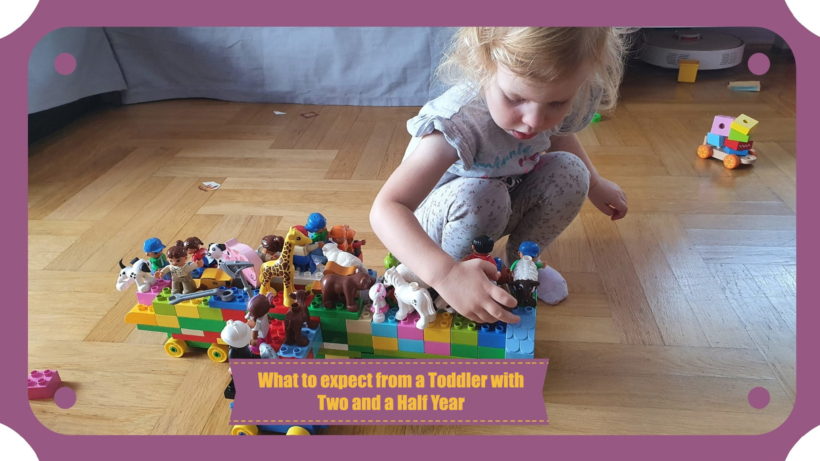We managed to reach the second half of the second year. And it was surprisingly stable in terms of behaviors! And by stable, we mean expected. Emotional outbursts, sleeping troubles, and “No” phases are expected so those challenges still remain. But we saw lots of improvements in cognitive abilities so let’s explore what to expect with 2 and a half-year-old children.
Article Contents
1. Of diseases, Shots and Doctors2. What is that and what does it mean?
3. Putting things in mouth… Again
4. To play or not to play
5. Explore phase – Just give me something New!
In this article, we are exploring changes that can be expected in the two and a half years old child. If you are more interested in the first year of a baby’s life, be sure to check the first year of a child’s life section. And if your child is going through its second year, you can check all about it in the second year of the child life category.
Of diseases, Shots and Doctors
Symbolic play is in full swing for some time now. As we said before, it usually revolves around one main theme for a while. For the last few months, the theme was sickness. And all the things that go with it – doctors, medicine, hospitals. Our whole household was constantly sick and in need of medical attention.
We bought a doctor’s suitcase and it was a huge hit. Animals, dolls, and even mama and dada got everyday checkups. Usually, there was something wrong! Sometimes it was easily curable and sometimes we needed hospital treatment. We talked about viruses and bacterias, and when do we need antibiotics. We talked about how there are different doctors for different parts of our bodies.
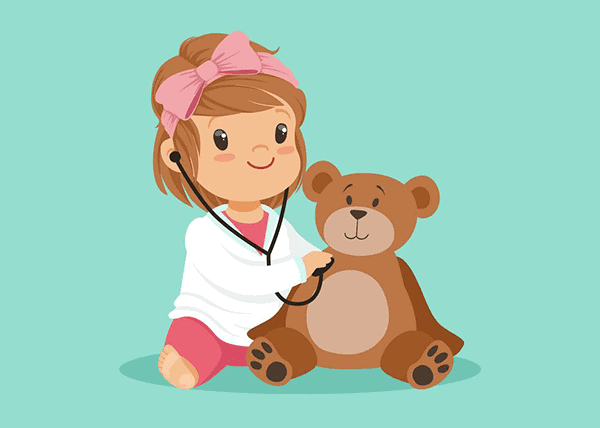
All in all, it was fun and educational. Until it wasn’t. I will admit that after a week, we started to be sick of (!) sickness and all the questions around it. But not our little girl. So what could we do, but remind ourselves that she needs this? For some reason, this is the theme she really wants to explore right now.
Symbolic play is so, so powerful. It is not a random thing as it may seem. Through it, children relive some moments of hurt or powerlessness and change them. Remember that painful shot that scary doctor gave me? Now I will be in control of that! They experience many things they still don’t understand and can’t express with words. Play can remedy that, normalize experiences.
We also had a death in the family this year and visited the hospital a lot. I believe that influenced this particular topic. What if we are sick and never get better? We talk about everything, even death, very openly and concretely, but playing things out can be much more powerful and help clear out those lingering emotions.
What is that and what does it mean?
What does it mean to be angry? What does it mean to go to sleep? It can be a real philosophical question. Or just your toddler, trying to make sense of everything, And isn’t that what philosophy is really? Hm. Anyway, you may admire this new cognitive development, for some time, before it starts to tire you. And soon you’ll start to ask yourself, really, what does it mean? Welcome to “googling a lot and feeling a bit less smart” period.
Joking aside, it’s actually pretty fun to think about some things we take for granted. Even to explore them with your child, through books, songs, and videos.
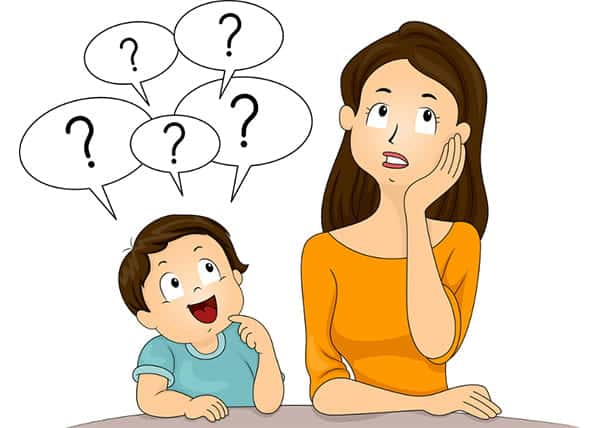
It is a really exciting period. Our little one’s language is improving so fast. She wants to know the name of every possible object in the universe. And with that come those neverending “What is this” and “What is that” questions. There is so much about this world they don’t know, but boy, are they curious and willing to learn! That’s something to cherish.
Sometimes, they know the answer, but they want to check it or elaborate on it. Or they just want to have a conversation. With our girl, that’s often the case. She could say “What is that?” pointing to the crow. And if you say “It’s a crow” she would respond “No! It’s a penguin dressed as a crow!” And proceed to explain how they can’t fly and how they live in Antarctica. And how we will visit Antarctica by a helicopter and also bring muffins… And so on.
So from our experience, the key is active listening. They can tell such amazing stories if you nudge them just a little and are willing to hear.
Something that is also very usual at this age is asking “Why?” a lot. We didn’t encounter it that much (yet!). She asks why occasionally but in an expected context, not to really deeply understand something.
Why is actually a really good question to get to the bottom of something, but it can be infuriating to answer. Take it as an opportunity to practice saying “I don’t know” and explore the topic with your child if they really care about it.
Putting things in mouth… Again
This topic has been chewed over many times already. We are joking although the actual chewing is not amusing at all. After quite a long period, it came back and in force. Not only is she chewing and licking things, but fingers, hair, and clothing.
Can’t even blame teething like we usually do. Her 2-years molars are almost completely out, although they could still trouble her.
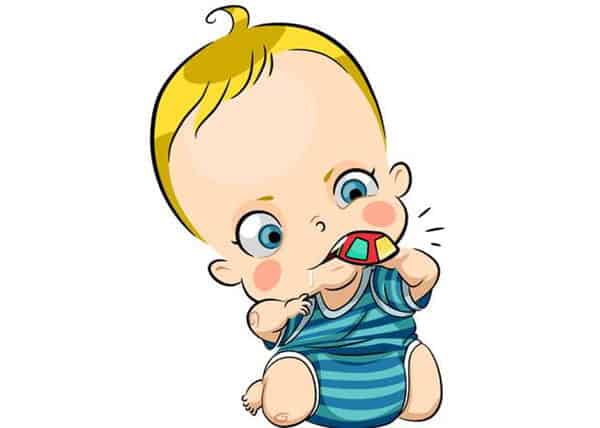
She knows putting things in the mouth is not good, but it’s hard to control it. In truth, we probably expect too much. We know that children have an actual need for oral input and stimulation, but we somehow expect it to stop when they become more “reasonable”. They know they shouldn’t put things in their mouth! Well, yeah, I also know I shouldn’t pull my hair or bite my mouth, but it’s hard sometimes.
When we are anxious, nervous, need to focus, or just tired, our body sometimes does its own thing. It has coping mechanisms that can vary from acceptable to problematic.
Often children are just curious – “Hm, I wonder how this tastes or feels?” But sometimes, chewing, biting, and licking helps them regulate their emotions. Experts say that under the age of three, all of this is expected and developmentally appropriate. If you are noticing prolonged anxiety and stress in your child it would be good to observe what triggers it.
Currently, we are trying to respect her chewing needs. We ask her to tell us if she is in the chewing mood and offer something acceptable. For now, carrots, celery, and some other real food have been okay alternatives.
To play or not to play
We already said playing is the most important activity in childhood, and I think nobody would question that. But should we play with our children?
You will quickly find that there are two very opposing and extreme schools of thought here.
First: “serious”. I never play with my child, children should play alone. I don’t know how to play. They play better without me. They should play with other children. I am bored when I play with them. Adults always control children’s play and ruin it.
Second: “entertainers”. Yes, we should always drop everything and play with our children. Never let your child be bored. Alway suggest or prepare fun activities for them. Be constantly close to see what they are doing. Let’s be involved in every activity and plan the whole day for them.
Both of those views are right in some ways and wrong in some others. Children NEED different types of play. They need a solo, exploratory play. And they also need “connecting” play with us.
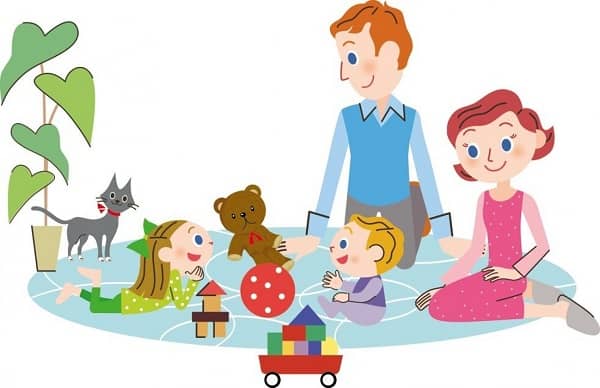
When we are entertainers, we don’t allow our children the benefits of exploration, ownership, and time to process ideas. We all need some downtime and even boredom to come to really interesting and creative ideas. But when we never play with our children, we lose a great opportunity to step into their world and connect on a deeper level.
Play is so important to them so to miss on it is to miss insight into a part of their personality. And one other important thing is, you should initiate play as well, not play only when your child asks (or begs) you. Invitation to play is often an invitation to connect and to share. When they need to ask to connect with us all the time, it’s less fulfilling than when we are the initiators.
There needs to be a balance, even though I usually err on the more playful side. I tend to be a silent observer when she is deeply engaged and I will not drop everything to go and play. But I cherish those moments when I have the opportunity to see her thoughts and worries through the lens of play.
Children reveal so much if we are there to see it. Play is also a great equalizer, it can make big and strong parents silly, scared, small, hurt, yelled at, or punished. It can make a child feel powerful, strong and in command – feelings our children sometimes desperately need. Important thing is to let them be in charge of the content, observe and follow their cues.
Play should never be a place of correction. If your child tells you you are stupid or ugly or annoying, run with it. Do silly things, cry in a mirror, ask the same question ten times. Don’t moralize or lecture inside play – if it’s too much, take a break, pause or stop it gracefully. There is time to talk about all those things, but playtime should be a “special” time where most things are safe and acceptable. Note that we are talking about the play between us and our child, where power is already on our side.
There are also some specific types of play that we may find uncomfortable. Aggressive play for example. Dolls are fighting, cars are smashing, children pretend to fight with swords. We may look at this as a teaching moment – “Oh, no, they are not fighting, they love each other.” “Why do you always have to destroy things?”, “Play something nice”. Familiar?
Aggressive play is not aggression, it’s a healthy exploration of different emotions and situations in life. We all feel angry sometimes, and to be able to express those emotions in play, will defuse and normalize them. It’s ok to feel and do anything in play. If you can’t go along with it, just observe and note what the child is exploring.
Sometimes it’s okay to suggest in a playful way different course of action. If one doll is hitting the other, you can take the role of another doll and say “Oh, you must have so much anger in you when you are hitting me so hard!” Maybe the doll will want to share something. Or maybe it will just say “I just want to smash you!”. And that’s okay.
Now, we are coming into a very challenging phase of parenting – dealing with a child’s autonomy. Yes, we already went through “eating alone”, “undressing alone” and similar behaviors. But this is something different. This is a revelation that our children could be very different people from us. They could have different interests, perspectives, or even ways to deal with problems. That could come as very surprising – do 2.5 year olds really have ideas, plans, or preferences? It’s hard to let go of our need to control sometimes, especially if we ourselves had a more controlling and authoritative upbringing.
But the truth is, yes, babies and children are individuals from the very start. And from now on starts the period where they will fiercely fight for their autonomy. They still need us of course, but they need us to accept them as they are and not as what we imagine them to be. To accept them we need to know them and here is where the play comes. Find a way to have fun together, to laugh, to explore, to talk, to read, to cuddle. It doesn’t have to be a whole day, but it needs to be dedicated, without distractions, and with curiosity and an open mind. We will all benefit from that.
Explore phase – Just give me something New!
In this period something new became really popular – new things! Our little one is all into new: from new playgrounds and locations to visit, new clothing and activities, to new books, songs, and stories.
We assume this is related to higher cognitive development at this age. Young children usually prefer the same, familiar things, and activities. They give them a sense of security and predictability. Also, repetition helps children to master some concepts they are exploring.
So for example, reading one book over and over again for days is actually beneficial. It shows the child is still learning from images in the book or processing the words you are reading. And once the child is ready to move on, it will stop asking for that same book again.
But the speed at which children of different age process and learn new information differs greatly. For example, a one-year-old toddler acquires new knowledge at the double the speed of a six months old baby.
So with the development of cognitive abilities and faster learning, there comes the urge for new things more often. We noticed how our little one listens carefully to new songs and comments on what is the song about. Same thing with the bedtime stories. She follows the story and the next day even talks about what was the story about.
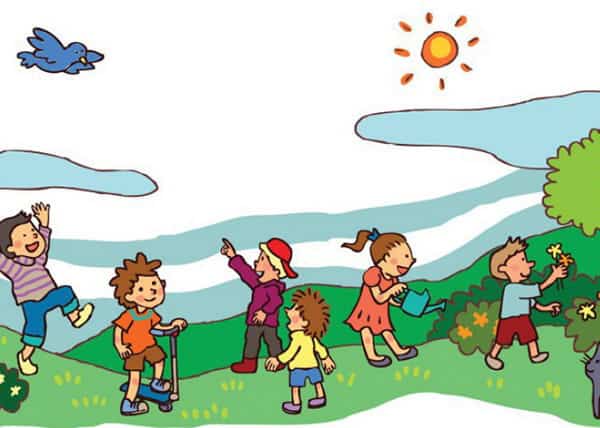
And when we come to the playground (especially the new one) she needs to try all the playground equipment. She is also experimenting with new ways of using the playground equipment – different ways of sliding, climbing net, laying on the big swing, etc.
It seems toddlers at this age are entering the explore stage looking at the explore vs. exploit theory. We humans, especially as children and teenagers tend to prefer new things and exploring new experiences. This helps us gain new knowledge, personal preferences, and helps us improve as a person. As we get older and have fewer new things to explore, we tend to enter the exploit stage. Here we prefer familiar things and experiences, one we feel most comfortable with.
See some similarities with the earliest childhood and exploit stage? Well, babies prefer familiarity for the sense of security and not to get overwhelmed with the vast open world. As children get older, they start to explore more and more. And when we become adults, we start to exploit familiar things that we found the best from all those previous explorations.
So new things are good because we can’t know what is best for us if we don’t explore many different options.
And that would be the gist of new things you can expect in the second quarter of the third year. Join us in the next article where we will report about new changes and challenges of the third quarter of the third year.
If you’re searching for some great STEM Activities for Kids and Child development tips, you’re in the right place! Check the Categories below to find the right activity for you.

STEM Science
Videos, guides and explanations about STEM Science in a step-by-step way with materials you probably already have at your home. Find new Science ideas.
Read more
STEM Technology
Videos, guides and explanations about STEM Technology in a step-by-step way with materials you probably already have at your home. Find new Technology ideas.
Read more
STEM Engineering
Videos, guides and explanations about STEM Engineering in a step-by-step way with materials you probably already have at your home. New Engineering ideas!
Read more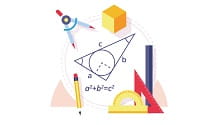
STEM Math
Videos, guides and explanations about STEM Math in a step-by-step way with materials you probably already have at your home. Find new Mathematics ideas.
Read more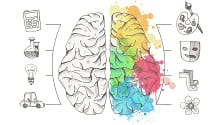
Psychology
Find out all about development psychology topics that you always wanted to know. Here are articles from child psychology and development psychology overall.
Read more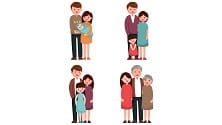
First year of Child’s Life
Following a Child’s development every month from its birth. Personal experiences and tips on how to cope with challenges that you will face in parenting.
Read more